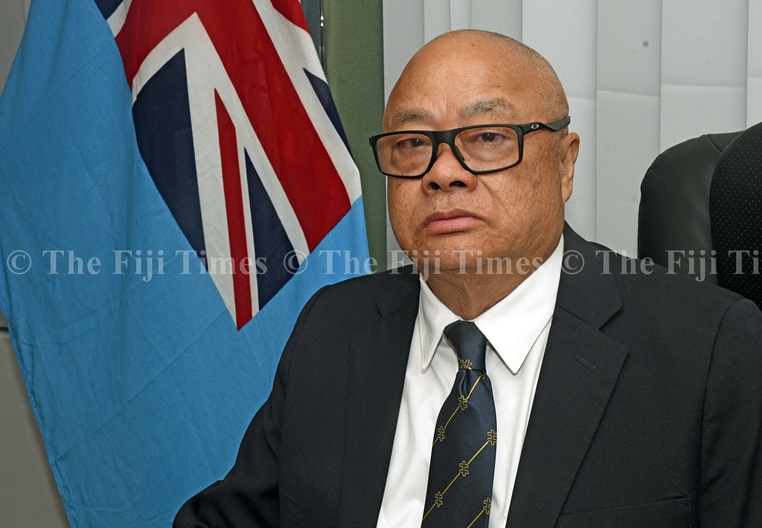THE Fiji Independent Commission Against Corruption’s budget has grown substantially since its inception, increasing from $1.5 million in 2007 to nearly $10.5 million in the last financial year, with a total budget allocation amounting to approximately $139.2 million over that period.
However, Attorney-General Graham Leung said this funding was not translating into effective results.
“Despite this significant financial investment, concerns persist regarding FICAC’s effectiveness and independence,” Mr Leung said.
He revealed that the agency currently employs 144 staff, including 14 lawyers, but said the increase in budget and staffing had not necessarily led to higher rates of complaint resolution, more convictions, or enhanced public trust in the agency’s operations.
“Taxpayers of this country are entitled to ask: how has this money been spent? What results have been produced?”
Mr Leung questioned how many people had actually been sent to jail for abuse of office, corruption, or related offences, highlighting ongoing concerns about the agency’s performance.
He said despite more than $139 million in financial resources provided to FICAC since its establishment, it has underdelivered on its legal mandate to investigate and prosecute cases of corruption and bribery.
He added that many major corruption cases had yet to be brought before the courts, and there had been little accountability for large projects that expended significant public funds without completion
Pointing to major unfinished projects as examples of weak accountability, he noted that more than $40 million was spent on the incomplete Fiji National University Labasa campus, which was only 47 percent complete when construction stopped.
He also highlighted the millions spent on the yet-to-be-completed Lautoka swimming pool.
“There are indications that these and other large capital projects may have been ‘infected’ by corrupt dealings. Yet there is little evidence of any accountability whatsoever for these and other excesses. The public have a right to know what is happening, and whether any of these cases are being investigated.”



